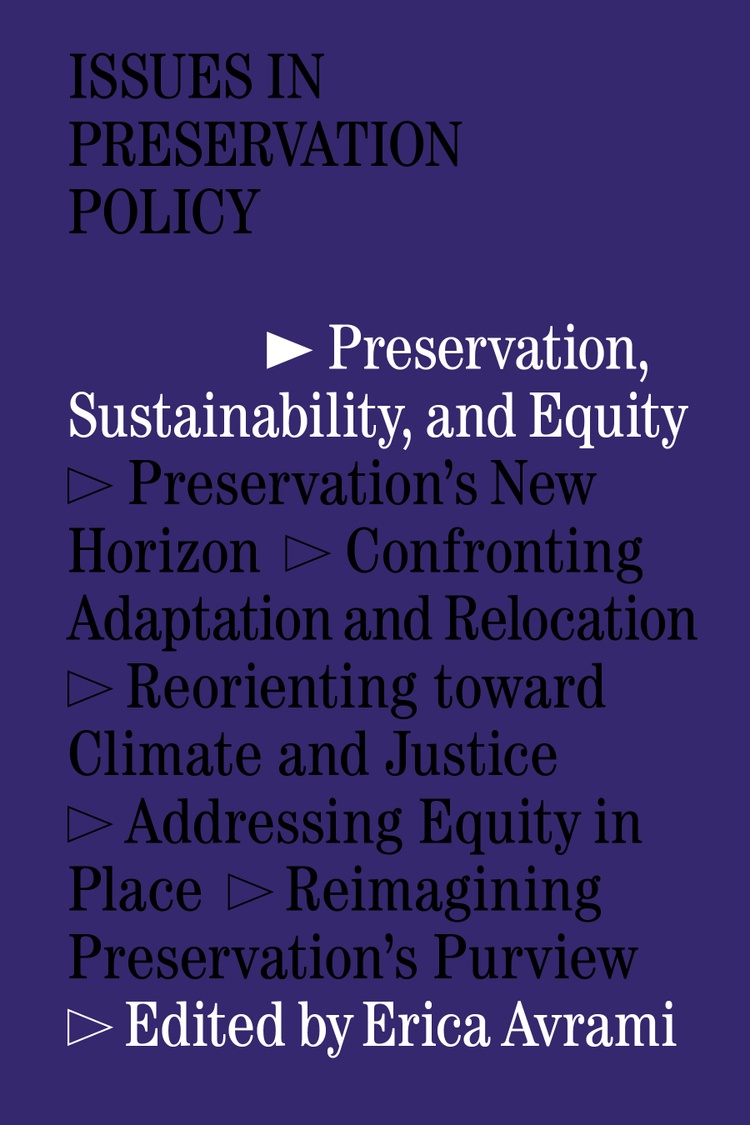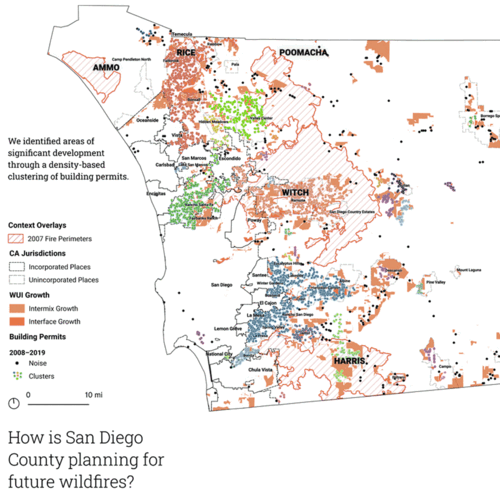November 6, 2019
Drawn from the vernacular heritage of Pakistan, Yasmeen Lari has specially developed low carbon and low-cost structures that can withstand earthquakes and floods, in what she calls ‘barefoot architecture’ that treads lightly on the planet. She works directly with marginalized communities by supplying the technical knowledge and training for people to take charge of their lives and build structures that are resilient to and prepared for frequent extreme weather.
November 6, 2019
Sennett’s talk examines how society grapples with issues related to climate change, including states of denial, climate refugees, democratic actions in response to climate change, and the balance between adaptation and mitigation. Response by Weiping Wu.
October 14, 2019
Jamil speaks about how her Kuala Lumpur-based firm creates opportunities for structural and material experimentation. Highlighted projects include Shadow Garden Pavilion in Petaling Jaya, Malaysia; Bamboo Terrace Homes; and an Engineering Laboratory. Response by Hilary Sample.
Listen to Eleena Jamil in Podcast episode #82
The Kenneth Frampton Endowed Lecture
September 23, 2019
Tabassum states that the most important elements for her Dhaka-based practice in creating architecture are place, time, and context. The lecture discusses the Independence Monument and Bait Ur Rouf Mosque in Bangladesh, and research on processes for designing and building in rural Bangladesh. Response by Kenneth Frampton.
Listen to Marina Tabassum in Podcast episode #77
February 18, 2019
Sheppard, co-founder of Lateral Office, discusses the firm’s commitment to design as a research vehicle to pose and respond to complex, urgent questions in the built environment, engaging in the climate and wider context of a project—including its social, ecological, or political dimensions. Response by Andrés Jaque.
Listen to Lola Sheppard in Podcast episode #65
The Kenneth Frampton Endowed Lecture
October 29, 2018
Kongjian Yu delivers the lecture “Creating Deep Connections and Deep Forms,” which presents his pioneering research on “ecological security patterns” and “sponge cities.” This research has been adopted by the Chinese government as the guiding theory for national land use planning, eco-city campaigns, and urban ecological restoration. Response by Kenneth Frampton.
Listen to Kongjian Yu in Podcast episode #59
October 22, 2018
David Benjamin introduces the work of his firm The Living. Situated at the intersection of biology, computation, and design, The Living strives for “living, breathing architecture.” Recent work includes research on mycelium and agricultural waste-based structures; embodied energy; and an “Open Source Building” at Princeton. Response by Amale Andraos.
Listen to David Benjamin in Podcast episode #37
October 9, 2017
James Wines’ lecture “Arch-Art: A Conduit to Context: The Role of Buildings in Social Change” introduces a body of work that fuses art, architecture, landscape, and surrounding environmental context. Highlighted projects include Avenue Number Five Park in Seville, Spain; Ross’s Landing Park and Plaza in Chattanooga, Tennessee; and Antilia Tower in Mumbai, India. Response by Dan Wood, Andrés Jaque, and Prem Krishnamurthy.
Listen to James Wines in Podcast episode #30.
November 21, 2016
Anupama Kundoo’s lecture “Building Knowledge: An Inventory of Strategies” discusses her installation at the 2016 Venice Architecture Biennale, which presented a low-cost modular home and a prefabricated toilet. Kundoo elucidates how her material research and experimentation produce an architecture with low environmental impact and sensitivity to socio-economic contexts. Response by Lise Anne Couture.
Listen to Anupama Kundoo in Podcast episode #22.
November 14, 2016
Fulong Wu introduces his book “Planning for Growth: Urban and Regional Planning in China,” which provides an overview of the changes in China’s planning system, policy, and practices. Response by Weiping Wu
October 24, 2016
Emilio Ambasz presents several projects including Casa de Retiro Espiritual in Seville, Spain; Fukuoka Prefectural Hall in Japan; and Glory Art Museum in Hsin-Chu, Taiwan. Ambasz unpacks how his work reconciles man-made and natural structures. Response by Amale Andraos.
























